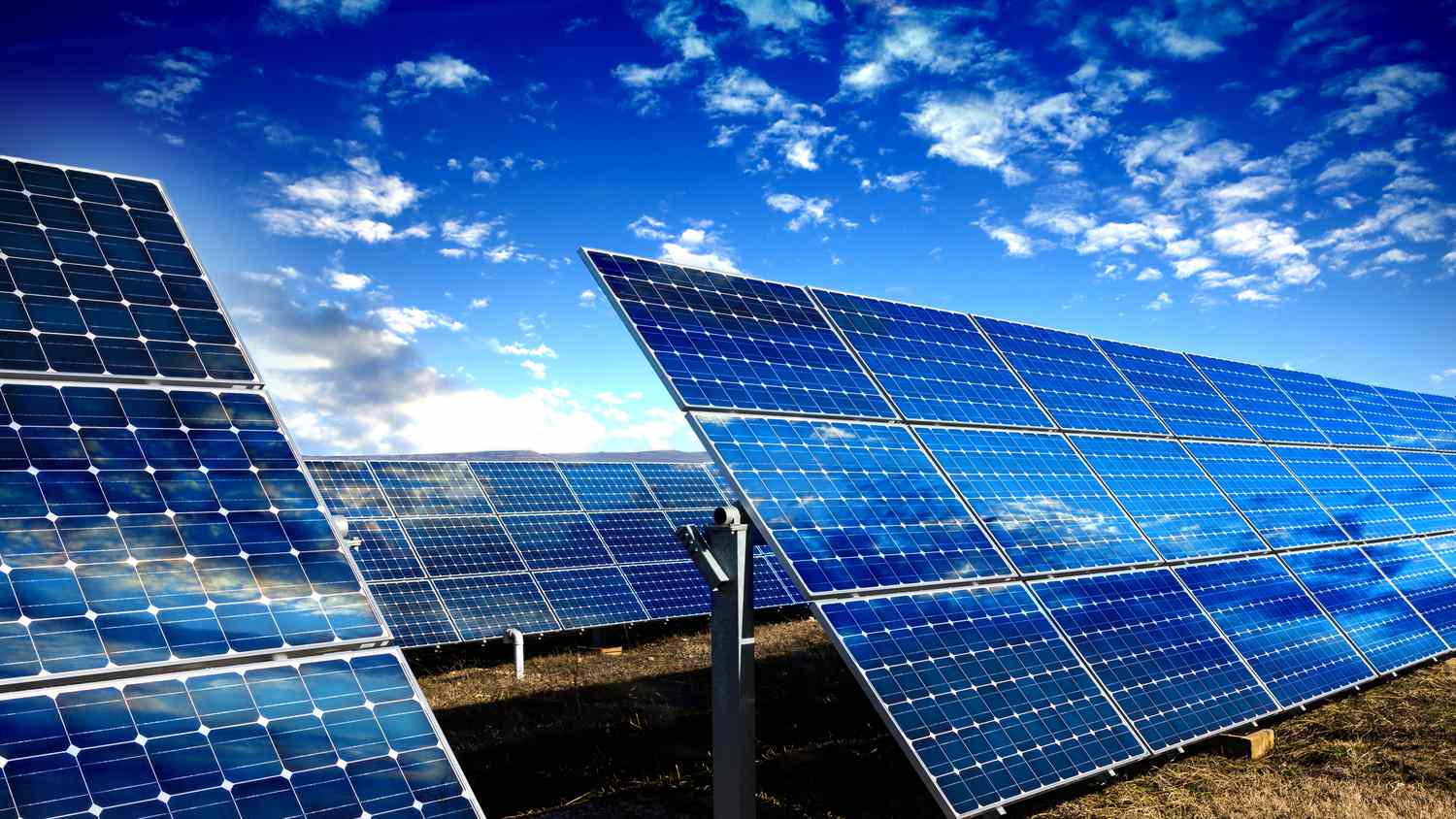Transitioning to solar power is an eco-conscious decision that offers numerous benefits, including reduced energy bills and a smaller carbon footprint. Nevertheless, making the switch to solar energy requires careful consideration and planning. We will explore the do’s and don’ts of going solar, helping you navigate a more sustainable and cost-effective energy future.
Do’s:
1. Conduct a Comprehensive Solar Assessment
Before you go solar, assessing your energy needs and comprehending your property’s solar potential is crucial. Consider your location, roof condition, shading, and daily energy consumption. A professional solar assessment will help you determine the appropriate system size and design for your requirements. This step ensures that your solar investment is tailored to your unique circumstances, optimizing its effectiveness and long-term benefits.
2. Seek Multiple Solar Quotes
Don’t settle for the first solar installation company you come across. Instead, solicit multiple quotes from reputable solar providers. Comparing different offers will help you find the best deal and ensure that you’re working with a qualified and trustworthy installer. By acquiring several quotes, you can make a knowledgeable decision based on competitive pricing and the reputation of the solar companies, ushering in a more satisfactory solar installation.
3. Understand Available Solar Incentives
Take advantage of available incentives, such as federal tax credits, state rebates, and local incentives for solar installations. These financial incentives can lessen the upfront cost of your solar system and accelerate your return on investment. Comprehending and leveraging these incentives is a smart financial move that can make solar power even more affordable and attractive for homeowners.
4. Opt for High-Quality Solar Equipment.
Invest in quality solar panels, inverters, and other system components. While cheaper options may seem attractive, higher-quality equipment usually delivers better performance and durability, ensuring a longer lifespan for your solar system. Choosing top-tier features guarantees a more reliable and efficient solar setup, reducing the likelihood of maintenance issues and maximizing your energy savings over the years.
5. Review Solar Financing Options
Explore various financing options, including cash purchases, solar loans, and solar leases or power purchase agreements (PPAs). Each option has pros and cons, so choose the one that best aligns with your financial goals and preferences. Considering your budget and long-term financial strategies, carefully evaluating these financing choices allows you to select the most suitable method for acquiring your solar system.
Don’ts:
1. Rush Into Solar Without Research
One of the biggest mistakes is rushing into solar without conducting thorough research. Only make hasty decisions or sign contracts after fully understanding the implications of going solar. Take the time to educate yourself about the process. Please do so to avoid misunderstandings, unexpected costs, and conceivable dissatisfaction with your solar investment.
2. Ignore Solar Maintenance and Monitoring
Solar panels require regular maintenance and monitoring to ensure optimal performance. Ignoring maintenance can usher in decreased efficiency or even system failures. Refrain from assuming that once your solar panels are installed, they require no further attention. Neglecting maintenance can result in reduced energy production and potentially costly repairs.
3. Overlook Shading Issues
Proper sunlight exposure is paramount for solar panels to generate electricity efficiently. Sidestep installing solar panels in zones with significant shading, as this can significantly diminish their performance. Before installation, assess your property for potential shading issues throughout the day. Failing to address shading concerns can lead to a suboptimal solar system and reduced energy production.
4. Underestimate Future Energy Needs
Be sure to underestimate your future energy needs. Consider factors like potential increases in energy consumption due to new appliances, electric vehicles, or changes in household size. A well-sized solar system should accommodate your long-term energy requirements. Ignoring future energy needs can result in an undersized solar system that fails to meet your evolving electricity demands.
5. Neglect Proper Permits and Regulations
Comply with local regulations, permitting requirements, and homeowner association rules. These legal aspects are necessary to avoid complications and delays in your solar installation. Ensure that your solar project adheres to all the required guidelines. Ignoring permits and regulations can result in legal issues, fines, and even the removal of your solar panels, creating significant setbacks and financial burdens.
6. Disregard Solar System Warranties and Contracts
Thoroughly review all warranties and contracts associated with your solar system. Understand what is covered, the duration of the securities, and any maintenance or performance guarantees. You must do so to avoid unexpected expenses in the future. Ignoring the terms and conditions of your solar contracts can result in misunderstandings, warranty disputes, and potential financial liabilities.
Going solar is a significant step toward a more sustainable and cost-effective energy future, as mentioned on the EcoGen America website. By following the dos and don’ts, you can make informed decisions and ensure a smooth transition to solar power. Remember to assess your energy needs thoroughly, seek multiple quotes, take advantage of incentives, invest in quality equipment, explore financing options, and prioritize energy efficiency. Conversely, avoid rushing into decisions, neglecting maintenance, underestimating shading issues, disregarding regulations, and overlooking contractual details. With careful planning and consideration, your solar journey can be successful and rewarding, benefiting your wallet and the environment.
